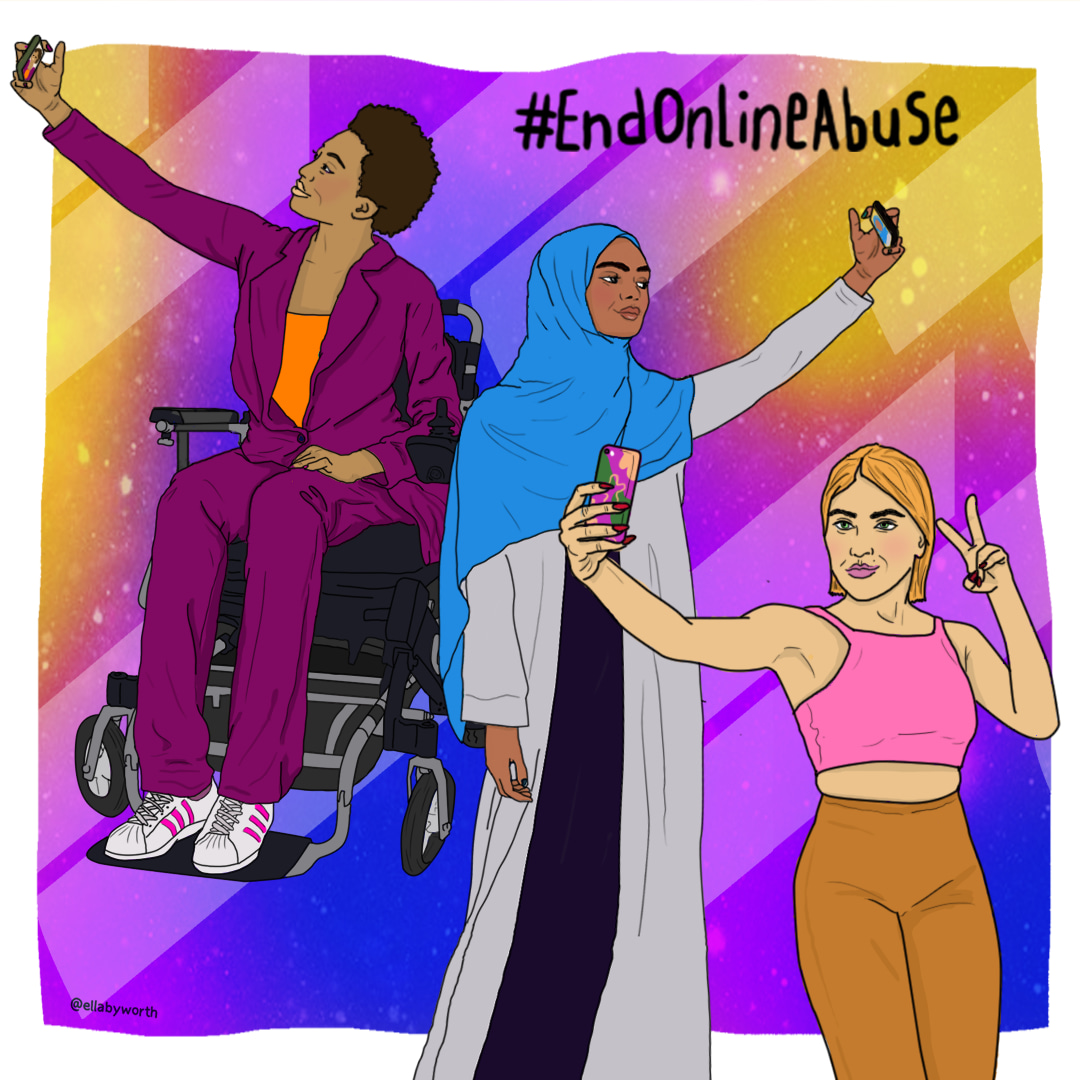 19 Mar
19 Mar
At the Bill’s second reading yesterday, MPs from across the political spectrum called for the new law to protect women and girls’ rights online.
This week (19th April 2022), MPs debated the Online Safety Bill at its Second Reading in the House of Commons. This stage in the Bill’s journey to becoming law provides MPs with an opportunity to debate the main principles of the Bill as well as highlight any key issues.
We’re grateful to everyone who contacted their MP with our briefing and asked them to raise this issue in the debate.
While the debate was incredibly time-pressured with a long list of areas for MPs to cover, we’re pleased that a number of MPs raised the Bill’s failure to address violence against women and girls (VAWG) as a key priority:
- Lucy Powell MP (Labour Shadow Secretary for Digital, Culture, Media and Sport) and Alex Davies-Jones MP (Labour Shadow Minister for Digital, Culture, Media and Sport) highlighted that despite being more likely to face abuse, women and girls are missing from the Bill, which Lucy Powell MP called “a serious oversight”.
- Alex Davies-Jones MP, who was a member of the DCMS committee that scrutinised the draft legislation, argued that the Bill needs “significant strengthening to make online spaces safe for women and girls”. Both MPs highlighted the urgent need to address violence against women and girls within the new law.
- Wera Hobhouse MP (Liberal Democrats) and Maria Miller MP (Conservative) highlighted concerns that the new cyberflashing offence is based on the motivation of the perpetrator, instead of whether consent was given – creating difficulties of enforcement.
We also welcome support from the Domestic Abuse Commissioner, who publicly backed calls for the Bill to address violence against women and girls.
Andrea Simon, Director of the End Violence Against Women Coalition, said:
“We’re pleased a number of MPs spoke out for women and girls this week, as it is evident this new legislation is not fit for purpose. It’s also clear that there remains fundamental questions about how the new law will work in practice.
In addition, we’re concerned that significant parts of the legislation will not be subject to parliamentary scrutiny and about how much power the Secretary of State will have to amend content after the Bill becomes law.
Women and girls have the right to be free from gender-based violence online. This is an opportunity for the government to take a leading role in holding tech companies to account by passing groundbreaking legislation to make our online world safer. But until this law recognises the disproportionate amount of abuse directed towards women online by naming VAWG in the Bill, it will be letting women and girls down.”
As the Bill progresses through parliament, we’lll continue to lobby MPs to push for all women and girls to be included in protections.
JOIN THE CAMPAIGN
Recommended ARTICLES
 19 Mar
19 Mar
 05 Mar
05 Mar
 27 Feb
27 Feb

